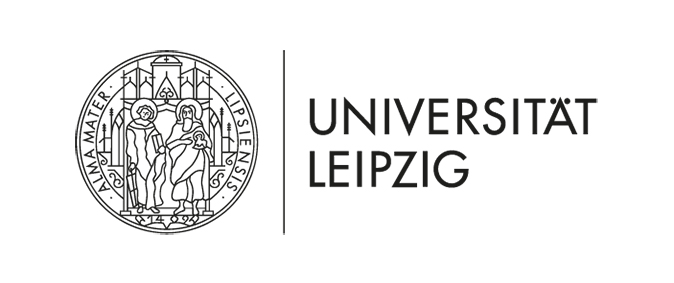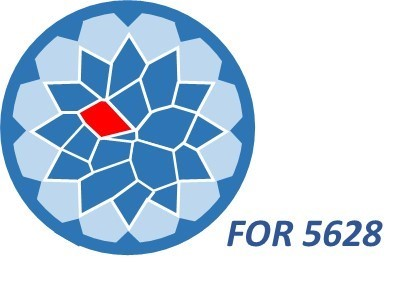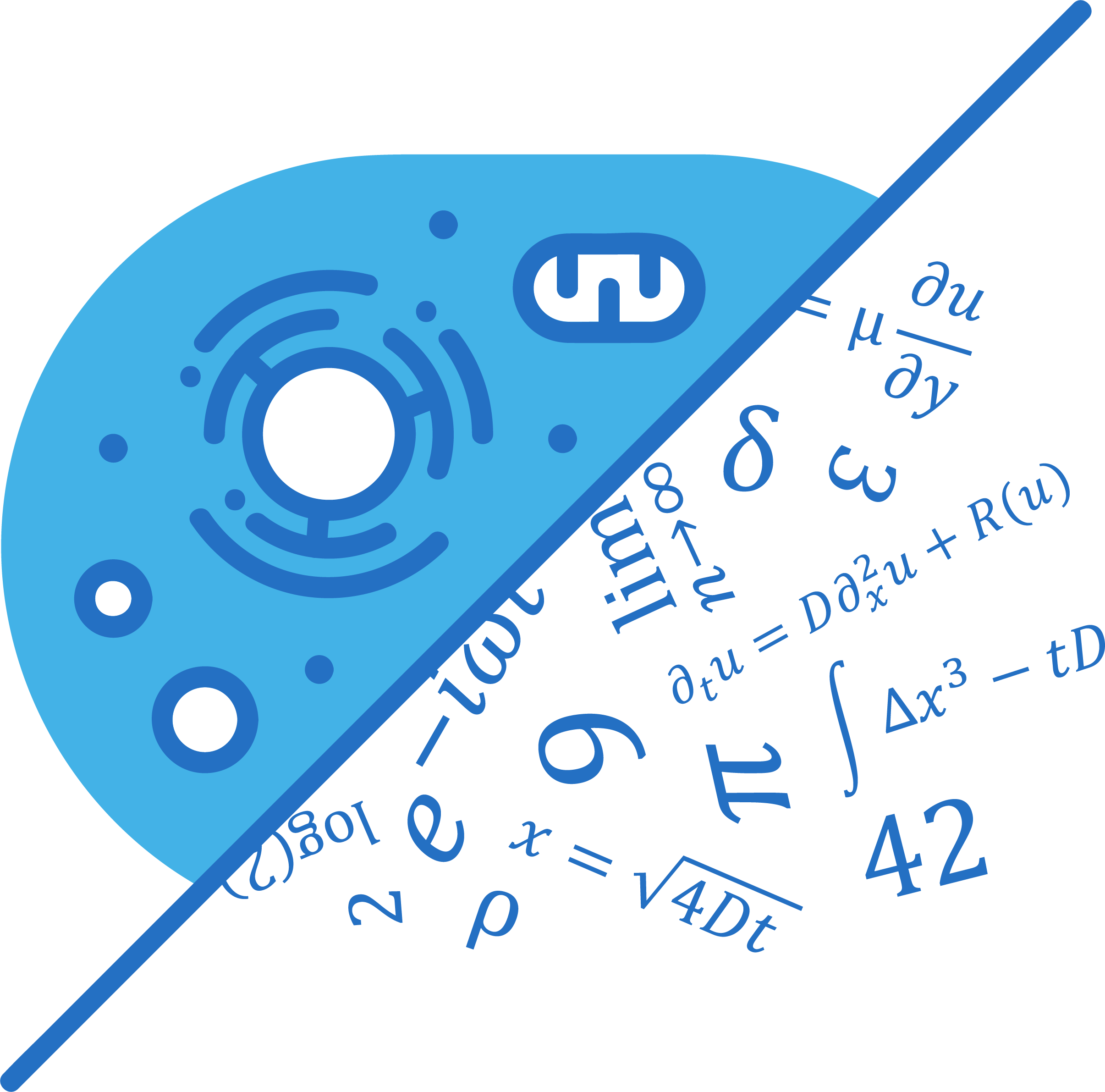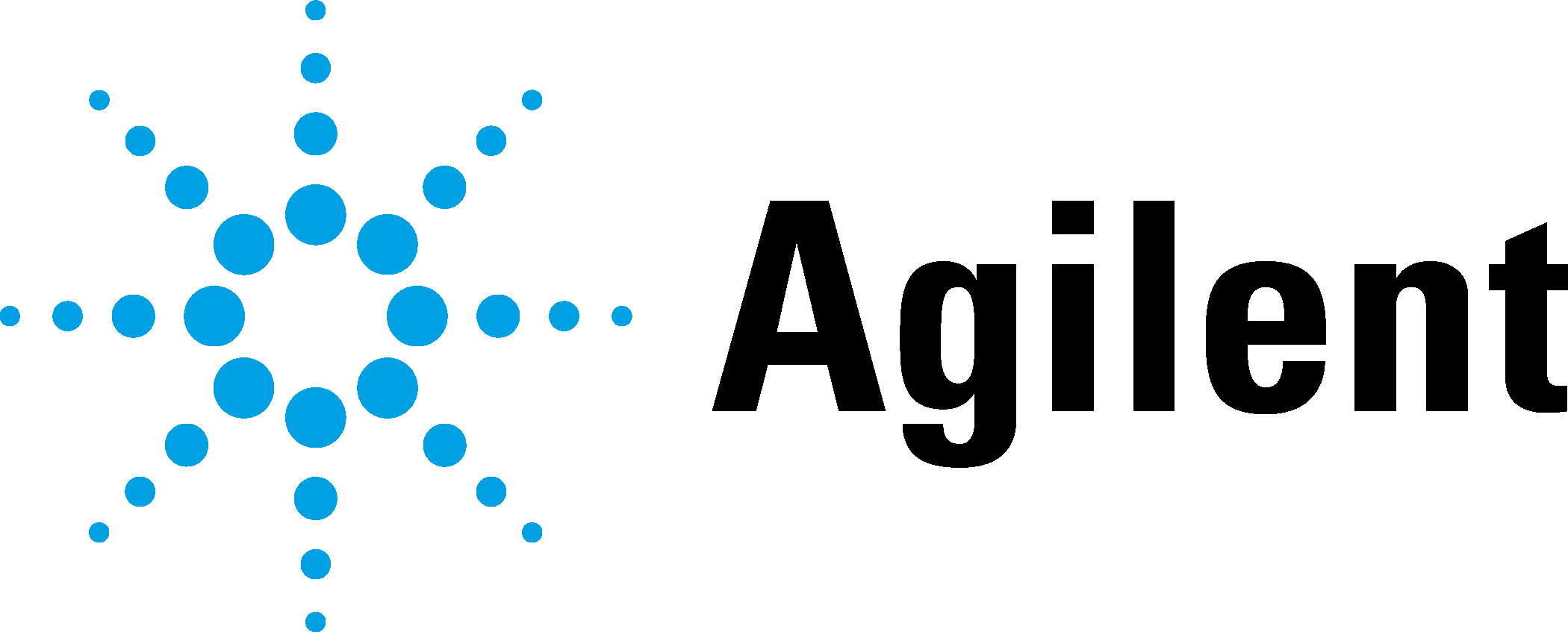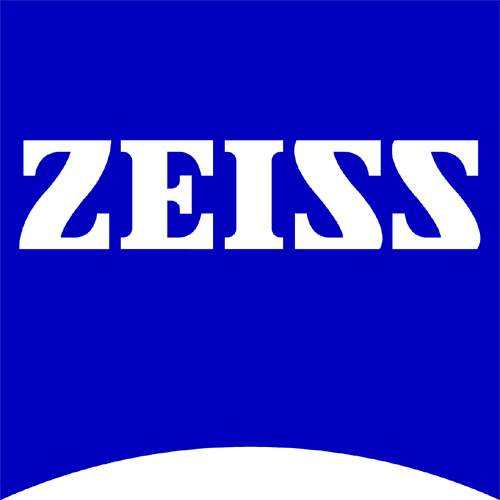|
15th Annual Symposium Physics of Cancer Leipzig, Germany Sept. 30 - Oct. 2, 2024 |
PoC - Physics of Cancer - Annual Symposium |
|
|
Invited Talk
Mechanobiology of a 3D cell culture model of breast gland morphogenesis and invasive transition
Forschungszentrum Jülich GmbH, Institut für Biologische Informationsprozesse (IBI), Mechanobiologie (IBI-2), Wilhelm-Johnen-Straße 52428 Jülich, Germany
Contact: | Website
Breast cancer is the most common female cancer worldwide. It develops from glandular epithelium. We use a MCF-10A cell line-derived 3D cell culture model that displays basoapical polarization including an endogenously formed basement membrane (BM). We use these nature-like and non-malignant breast spheroids to investigate BM disruption and cell invasion mechanisms in response to a variety of ECM signals. We monitored cytoskeletal changes and invasive cell breaching through the BM under aberrant signaling. We observed pronounced synergetic influences of pro-invasive ECM conditions, i.e. ECM stiffening, oncogenic EGFR-signaling, and immature BM scaffold, provoking a purely mechanical, that is matrix protease-independent, mechanism of BM disruption and transmigration. This invasive transition of benign cells involves dramatic EMT-like cytoskeletal reorganization: Numerous BM-piercing actin microspikes form that convert into force generating thus BM-straining stress fibers. Furthermore, we exposed benign acini at different developmental states to ECM-transmitted shear strain. In immature acini with thin and mechanically weak BM scaffolds this mechanical signal induced aberrant cell extrusion and apoptosis whereas mature acini were protected by their fully-developed BM scaffold. At present, we investigate the cellular signaling cascades that control this surprising effect.
|
